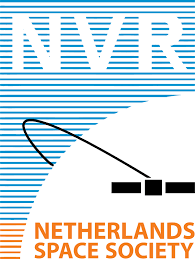Date/Time:
05
Oct
2019
to: 05 Oct 2019
Location:
Nederlands Ruimtevaart Museum Pelikaanweg 50, 8218 PG Luchthaven Lelystad
Website:
Go to Website.
Information:
In the 60s, Professor Zadoks started with a pioneering idea to map crops using aerial photography and to develop decision strategies for arable farmers based on that. At that time it was simply called agriculture. After decades of technological development, remote sensing techniques in the year 2019 have great potential for use in many different applications. The current range of possibilities enables us to make detailed observations of the earth’s surface and the objects present on it, their condition over time, from local to global scale, on request or as a structural data stream. And in modern times, this application of agriculture is called precision farming. However, the options for remote sensing in agriculture are much greater than current applications. There seems to be a kind of contradiction: both the demand side and the supply side are large, but people do not come together much.
Possible bottlenecks are that:
(i) the supply side often paints an overly optimistic picture of possibilities;
(ii) the demand side sometimes sets non-feasible requirements;
(iii) the supply side is often more academic and the demand side is very practical;
(iv) few people / organisations / companies know both worlds well.
This presentation focuses on the role of visual material that can be used from the air and the universe to further optimise and make agriculture more sustainable. It deals with satellite data, Unmanned Aerial Vehicles (UAVs, or drones) and manned aircraft. In particular, the drone technology has shifted the remote sensing landscape, both in the Netherlands and abroad, with the emergence of a large number of startup companies that develop services based on UAV images. We give you a helicopter view of the dynamic development from agriculture to precision farming and the next level of smart farming technology.
Presenter: Corné Kocks is department head at Aeres University of Applied Sciences in Dronten. He is also a lecturer in Smart Farming at the university, and manager of the Agricultural Expertise Center.
